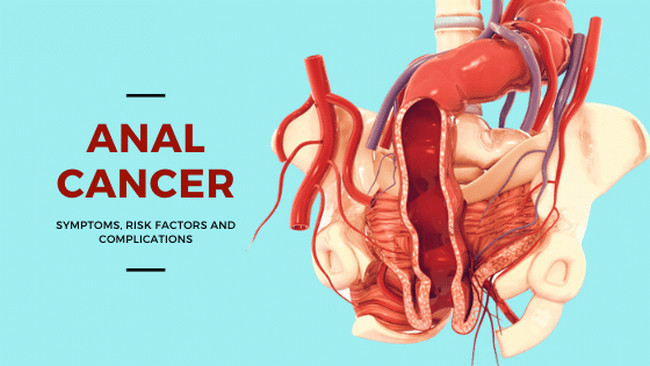Anal Cancer disease is an exceptional sort of malignancy that happens in the anal waterway. The Anal canal trench is a short cylindrical tube toward the finish of your rectum through which stool leaves your body. The skin around the outside of the anus is known as perianal area.
Tumors of the perianal skin that don’t include the anal sphincter are normally regarded equivalent to anal diseases, albeit neighborhood (treatment coordinated to a restricted region of skin) might be utilized for a few. It is important to consultant a best anorectal surgeon, usa for any symptoms that may cause anal cancer.
Who Gets Anal Cancer?
Hospital for special surgery in various locations have examined that the most anal cancer (80%) are analyzed in individuals who are over age 60. Preceding age 35, anal malignancy is progressively basic in men. In any case, after age 50, anal disease is somewhat increasingly regular in ladies. The rate pace of anal malignant growth is multiple times higher in single men when contrasted with wedded men. Receptive anal intercourse is firmly identified with the improvement of anal cancer. Anal disease with human papillomavirus (HPV) bringing about genital moles is a significant hazard factor for the malignant growth.
Immunocompromised patients, for example: those with HIV ailment, are inclined to get anal cancer. Right now, visualization is more awful than for non-immunocompromised patients.
Gardasil, one of the HPV immunizations initially endorsed for the anticipation of cervical malignant growth, is likewise affirmed for the counteraction of anal disease in people.
What are the symptoms of Anal Cancer?
In a review of some best hospitals in Texas and rest of the states that the most well-known side effect related with anal cancer is bleeding. Since anal tingling can likewise be a side effect of the disease (cancer), numerous individuals at their first instance attribute their bleeding and tingling to hemorrhoids. This can postpone the conclusion of anal cancer growth.
Different signs and side effects of anal cancer growth may include:
– Pain or weight in the anal region.
– Unusual releases from the anus.
– Lump close to the anus.
How Is Anal Cancer Diagnosed?
Anal cancer might be identified during a routine advanced rectal test or during a minor methodology, for example: evacuation of what is accepted to be a hemorrhoid.
The malignancy may likewise be identified with increasingly intrusive strategies, for example, an endoscopy, proctoscopy, or anorectal ultrasound.
On the off chance that cancer is suspected, a biopsy ought to be done and the example analyzed by a pathologist.
Organizing workup may incorporate a stomach and pelvic CT scan, a pelvic MRI scan to evaluate the pelvic lymph nodes, a chest X-ray, and liver function contemplates. PET scans are some of the time performed.
How Is Anal Cancer Treated?
Three kinds of standard anal cancer treatment are utilized:
– Surgery
– Radiation treatment
– Chemotherapy
New kinds of treatment are being tried in clinical preliminaries.
– Radio sensitizers
– Immunotherapy
* Treatment for anal cancer may cause reactions.
* Patients might need to consider participating in a clinical preliminary.
* Patients can enter clinical preliminaries previously, during, or in the wake of beginning their anal cancer treatment.
* Follow-up tests might be required.
Recovery after Anorectal fistula surgery
Following an anal fistula surgery, you’ll still experience some pain for the first week or so. Constipation after surgery may become normal. Your surgeon may suggest taking a laxative to soften your stools and help reduce any discomfort you may have. Always read the patient information leaflet which comes with your medication and ask your pharmacist for advice if you have any questions.
Following an anal fistula surgery, you’ll still experience some pain for the first week or so. Constipation after surgery may become normal. Your surgeon may suggest taking a laxative to soften your stools and help reduce any discomfort you may have. Always read the patient information leaflet which comes with your medication and ask your pharmacist for advice if you have any questions.
Your wound should heal within six weeks. Your surgeon will advise you on driving, going back to college, having sex and getting back to your normal routine and activities.
For more information and free consultation on anal cancer treatment, Texas, USA. Please call or book an appointment with our healthcare experts.

